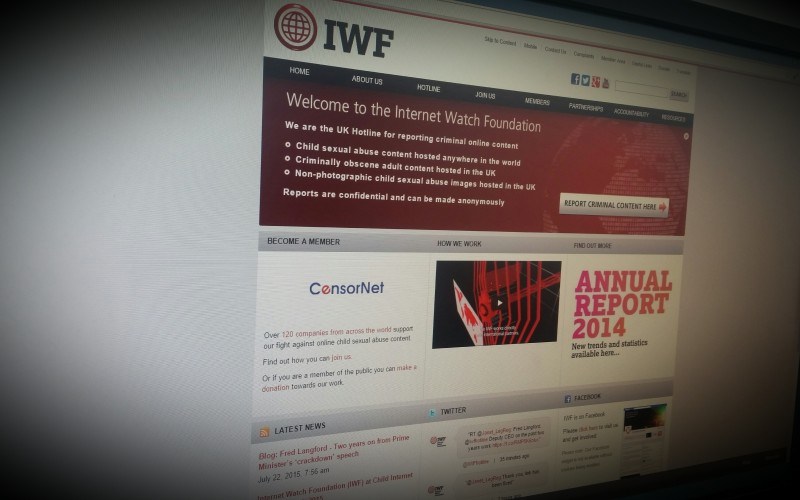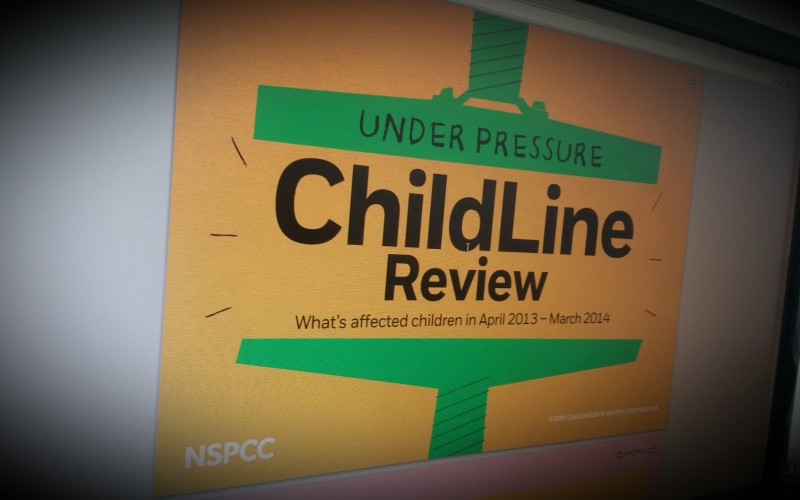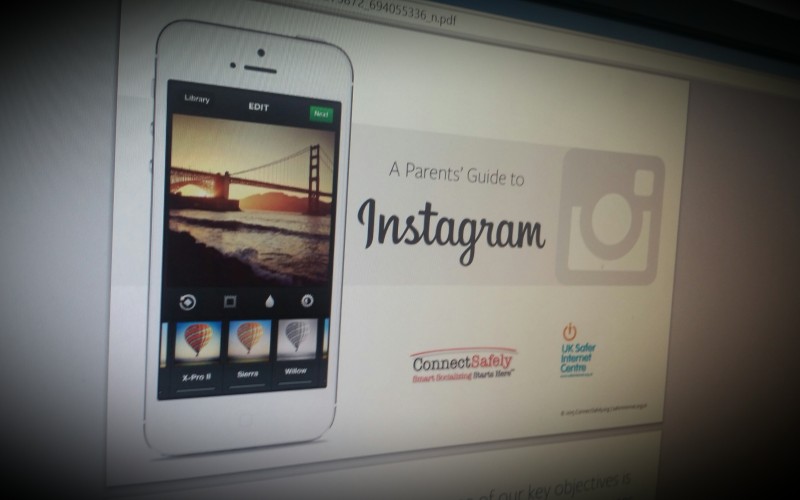This Paper introduces the key findings of a quantitative study of youth-produced sexual content online.
The Study took place over a three month period between September and November 2014 and used a combination of proactively sourced content from search engines, historic IWF data and leads from public reports to locate 'youth-produced sexual content' depicting 'young people'.






Comments
make a comment